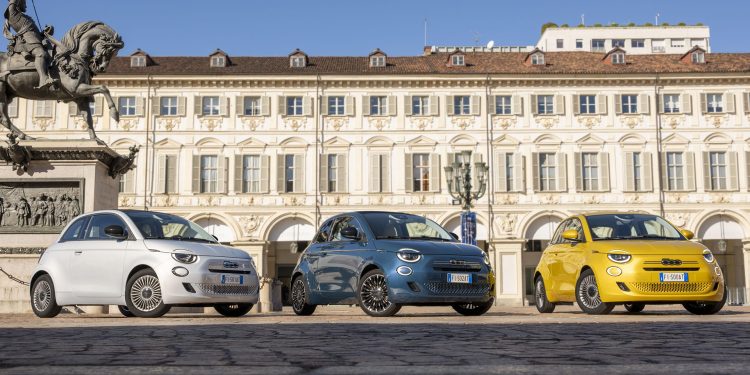Stellantis warns EU must rethink emissions rules or risk “irreversible decline”
Stellantis chairman John Elkann has issued one of the strongest warnings yet from a major carmaker over Europe’s tightening emissions framework, saying the region’s auto industry could face an “irreversible decline” unless the European Union softens its stance and provides more flexibility.
The comments come as the European Commission prepares to unveil a package of proposals on December 10 as part of its scheduled review of the EU’s emissions regulations for the automotive sector — rules that currently mandate a full phaseout of combustion-vehicle sales by 2035.
Speaking in Turin, the birthplace of Fiat, Elkann said the industry has already tabled a set of proposals that would give automakers the breathing room they need while still reducing emissions.

“There is another way to cut emissions in Europe in a constructive and agreed way, restoring the growth we have lost and people’s needs,” Elkann said at an event marking the start of production for a new hybrid version of the Fiat 500.
Industry proposals reportedly include allowing plug-in hybrids, range extenders and alternative fuels beyond 2035, smoothing the trajectory toward the 2030 interim CO₂ targets by averaging reductions over several years, reintroducing a large-scale vehicle scrappage scheme, and adjusting regulations to better support small-car production, a segment Europe has been rapidly losing due to rising manufacturing costs.
Stellantis pushes to revive Italian production
The new hybrid Fiat 500 is one of the vehicles Stellantis hopes will help reinvigorate its Italian manufacturing footprint. Output in the country has slumped in recent years due to a mix of low demand, particularly for EVs, and growing competition from Chinese brands.
The challenge is not isolated to Stellantis. Car registrations across Europe reached around 13 million units last year, still well below the 15.8 million recorded pre-Covid in 2019.
Stellantis’ recently appointed CEO Antonio Filosa echoed Elkann’s concerns, emphasising that the industry has already spent months in detailed discussions with EU officials but now needs policy action.
“Talks with European authorities had been long and in-depth but now the industry needed ‘urgent and definitive action’,” Filosa said.
He added that Europe’s automakers can recover market share and customer confidence, but only if given regulatory room to manoeuvre. “If we are allowed to win back customers with excellent products such as the 500 hybrid, we will certainly be able to restore the growth that is essential for future investment and innovation … supporting employment in Europe,” Filosa said.
Fears of factory closures linger
Neither Elkann nor Filosa elaborated on the potential fallout if emissions rules remain unchanged, but Stellantis executives have issued warnings before. Earlier this year, the company’s former Europe chief cautioned that the group might be forced to close factories if Brussels proceeds with its current regulatory path, citing the severe financial risk posed by potential EU CO₂ fines.
Unions have also raised the alarm. Gianluca Ficco of the metalworkers’ union UILM said the EU must rethink its approach “before it’s too late”, arguing that failure to do so could bring “tough consequences for the industry and jobs”.





